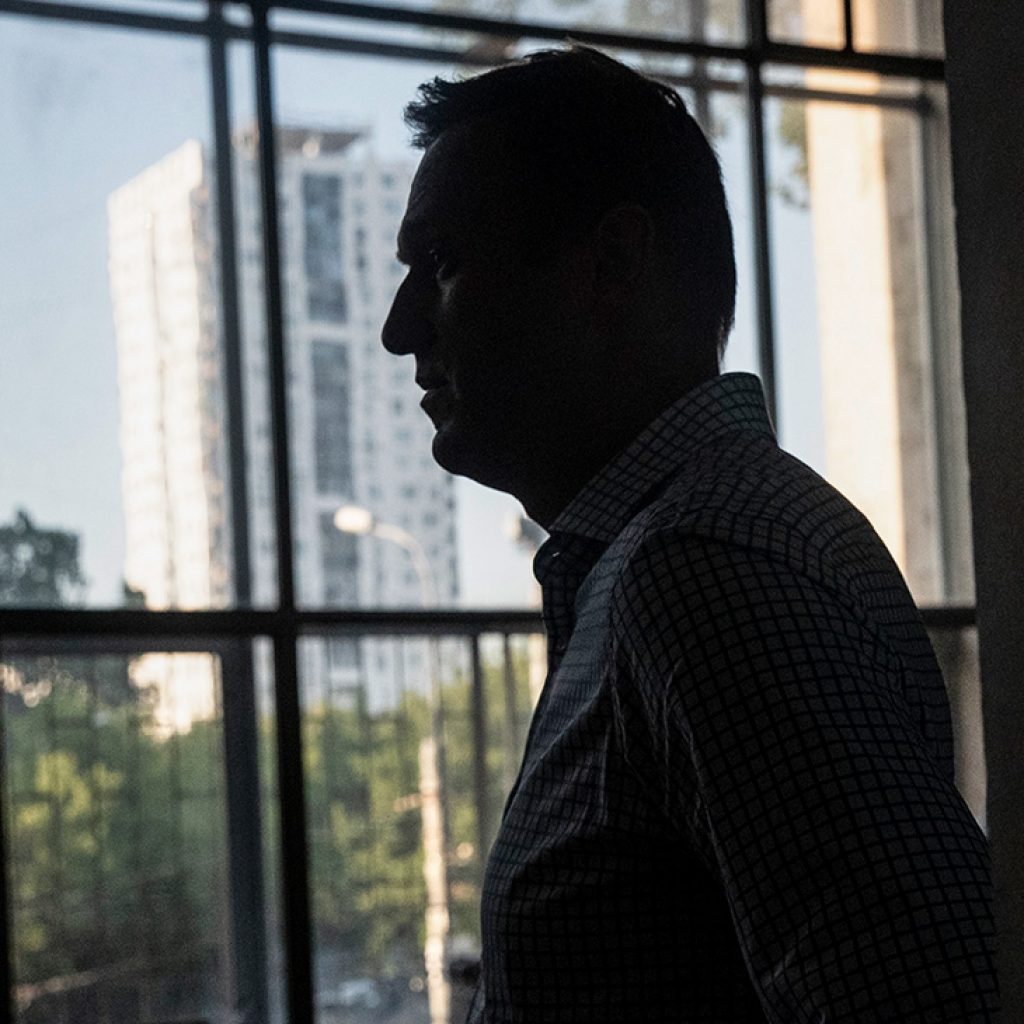RA’s Daily Russia News Blast – September 3, 2020
Subscribe to our new newsletter! In addition to the Daily Russia News Blast, we have launched a weekly email newsletter focusing on Russia and news across the greater CIS space. It comes out every Friday and features a run-down of the top Russia stories you need to know, plus a brief note and analysis from Robert Amsterdam. You can subscribe here and check out last week’s issue here.

Today in Russia: The world reacts to Navalny’s Novichok poisoning, Russia sees “disinformation campaign”; Ruble drops on Navalny news; Russia to open flights with Egypt, UAE, Maldives; Anatoly Bykov charged with 1994 contract killings; Lavrov turns to Ukraine as scapegoat for Belarus protests
Germany announced that tests found traces of a substance from the Novichok family. German Chancellor Angela Merkel declared, “This has given rise to some very serious questions that only Russia can and must answer…the intent was to silence him.” Kremlin Spokesman Dmitry Peskov said Russia is ready to cooperate with Germany, adding “In general we confirm that we are ready and have an interest in full cooperation and exchange of data on this topic with Germany.”
However, while Peskov had nice words of cooperation, the Foreign Ministry blasted Germany’s announcement, calling it [in Russian] “another information campaign against Russia.”. Interfax reported [in Russian] that the Foreign Ministry accused Germany of “neglecting existing mechanisms for cooperation” by not sharing the hard data confirming Navalny’s poisoning by a Novichok agent. Spokeswoman Maria Zakharova demanded, “Put your data on paper, pass it on to the Russian side. Our embassy is working around the clock, looking forward to these materials. Everything else is called simply: an information campaign, and we all went through it,” while a Foreign Ministry written statement said Germany is using the Navalny issue to justify previous measures against Russia:
It is becoming clear why they use megaphone diplomacy, replace normal cooperation with an information campaign, make public appeals to the EU and NATO and mention the OPCW. However, if the ultimate goal is still a thorough investigation by the law enforcement agencies with participation of the medical institutions – which we firmly insist on – then we call on our counterparts to fully cooperate and to exchange information using existing bilateral legal mechanisms.
The world’s reaction has featured strong words, but as of yet no action. The head of the European Commission Ursula von der Leyen called the poisoning “despicable and cowardly,” while the US White House said it was “deepy troubled” by the revelations. UK Prime Minister Boris Johnson connected Navalny’s fate with that of Sergei Skripal, who was poisoned in the UK Novichok when he said, “We have seen first-hand the deadly consequences of Novichok in the UK.” France’s Foreign Minister Jean-Yves Le Drian declared, “I want to condemn in the strongest terms the shocking and irresponsible use of such an agent.”
The ruble has suffered its largest single-day drop since the start of the pandemic following Germany’s announcement that Navalny was poisoned by Novichok, falling by 2.5 percent to 75.6 against the US dollar. It hit 89.1 to the euro, barely short of the weakest level ever. The ruble crossed the 100-threshold against the pound, falling to 100.3. The ruble is down over 20 percent this year against the dollar.
Russia announced that flights will resume to Egypt, the UAE, and to the Maldives on a mutual basis. Flights to Cairo will be three times a week, while those to Dubai and Velana Airport in the Maldives will be twice a week.
Anatoly Bykov, a Krasnoyarsk businessman known for his criminal links in the 1990s was arrested in May on suspicion of organizing the 1994 murders of criminal gang members Kirill Voytenko and Alexander Naumov. The hitman responsible for the murders, Bykov’s friend Vladimir Tatarenkov has been in prison since 2012 and allegedly gave information linking Bykov. Bykov is also under investigation for the 2004 murder of Andrey Nekolov, the founder of a waste disposal company in Krasnoyarsk. Prosecutors charged Bykov today, Kommersant reported [in Russian].
Bykov was arrested just a day after Dmitry Bosov committed suicide. While the events appear to be unrelated, the two men were business partners. The Bell wrote of Bykov, “In the 1990s, Bykov was seen as the criminal boss ruling over the city’s aluminium factory, the biggest in Russia, in which he owned a 10 percent stake. A former PE teacher and boxer, Bykov built ties to local criminal groups that helped leverage his hold on the factory. For several years, he was the de facto ruler of the whole Krasnoyarsk region.“
Russian Foreign Minister Sergei Lavrov appears to have gone full-conspiracy theory in an analysis of the root of Belarus’ protests. He said 200 “trained extremists” are responsible for causing “radical actions” at opposition protests in Minsk and other cities in the country. Lavrov added [in Russian], “There are extremist training camps in Ukraine — in the Volyn and Dnipropetrovsk, according to our information — and today we discussed this. I’m sure our intelligence services should devote more attention to this and they’re now in contact.”
PHOTO: Alexei Navalny (Pavel Golovkin / AP).











